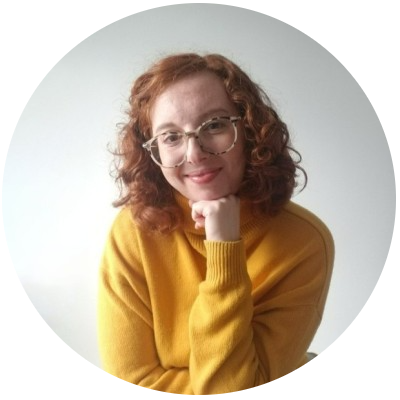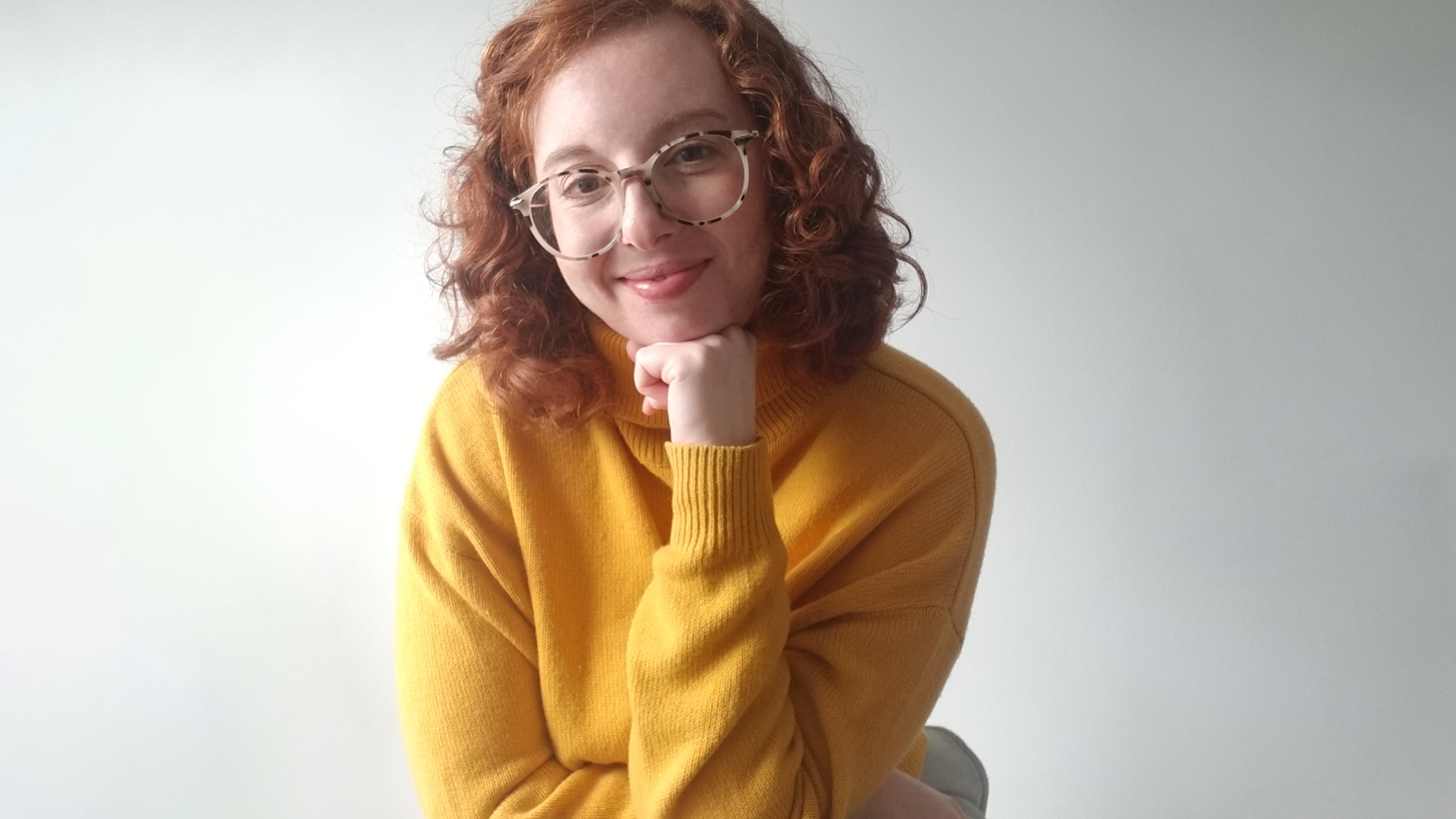Tell us about WiSER and what you and your team do!
Women in Science Engineering and Research (WiSER) is a non-profit network based in Edmonton with a cross-Canada outreach. Our mandate is to support career advancement and retention of women and under-represented individuals in science, technology, engineering, and mathematics (STEM) through networking, interactions with peers and mentors, information exchange, and professional development activities. WiSER is a network of Women in Scholarship, Engineering, Science and Technology (WISEST) at the University of Alberta.
What does being an innovator mean to you?
When we usually think of innovation, we think of technologies that revolutionize our society. At WiSER, we think about innovation as the ability to change thoughts, ideas and cultures in society about women and under-represented groups in STEM. We are innovators because we shift stories and narratives about important issues facing us today, and we can collectively act on them to build a sustainable future.
What’s one challenge you want to solve through your work?
A big challenge in our work is creating and defining an accessible framework for equity, diversity and inclusion (EDI), especially for women and under-represented individuals in STEM. When individuals hear EDI, there isn’t a clear understanding of what it is and how it should be implemented. We would like to set an example of how to integrate EDI in all work cultures and society processes for others to use as a guide (or for others to build upon).
What advice would you give to someone that wants to venture into innovation but is afraid to?
A relevant quote from The Magic School Bus which comes to mind is to “take chances, make mistakes and get messy!” Having a learning mindset is one of the most important tools for anyone who wants to innovate, whether it's in technology or thought. We need to be open to experimenting and learning from trials and mistakes. Every year at WiSER, our dedicated executive team explores novel ways to engage our audience and make an impact. We learn from these lessons by conducting debrief meetings and being open to ask for help.
What do you think are the biggest issues facing young innovators right now?
One of the biggest challenges for innovators is collaboration with people from different disciplines and backgrounds. It is often very difficult to create environments that are inclusive and safe for exchanging knowledge, yet this is key for being innovative. For example, how do we create spaces for people to freely discuss their ideas without fearing judgement or failure?
Who is an innovator you look up to?
At WiSER, we are inspired by collective movements that involve everyone one of us. A movement that has particularly inspired us is the use of gender neutral pronouns. Changing the language we use is a powerful way to change our thought processes. A second movement we are inspired by is the move to embed equity diversity and inclusion in the design of all research (e.g., gender-based analysis plus, GBA+).
Shout out your work! What do you have coming up in your future
For the 2021-2022 year, we plan to center our programs around preparing for career changes, building competitive career skills, and promoting inclusive work culture. Follow us on social media (Facebook, Twitter, LinkedIn, Instagram) to stay up to date for our upcoming events: @wiseredmonton!

About Noor
Noor (she/her) is pursuing a Ph.D. in Rehabilitation Science with a focus on technology and head and neck cancer treatment at the University of Alberta. Alongside her PhD, Noor is the current co-chair of WiSER and has led the UA-WiSE/WiSER mentorship program for the past 2 years. In this role, Noor has provided career development support for each program participant and cultivated relationships with academic, government, and industry partners. In 2020, she successfully adapted the UA-WiSE/WiSER mentorship program to an online platform, while implementing new training modules designed to encourage and maintain mentor-mentee engagement in the virtual world. Noor has extensive experience in developing curricula, delivering high-quality professional development programs, and building communities to foster meaningful mentorship. She is now applying her knowledge as the new program coordinator of talent at the Alberta Machine Intelligence Institute. In this role, Noor is guiding students along their artificial intelligence career journeys through professional development programming, networking and mentorship support.
